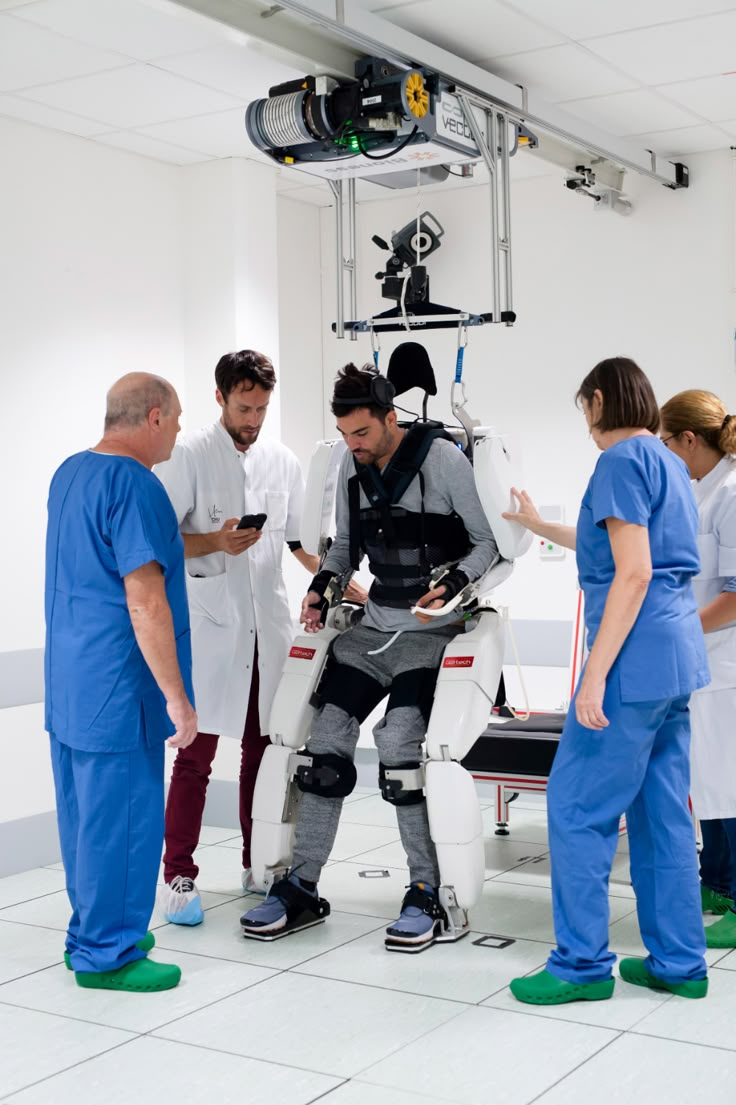Care Plan Optimization

Project Overview
Industry: Healthcare & Rehabilitation Services
Scope: Deployment in rehabilitation centers, hospitals, and outpatient clinics
Project Duration: 6 months
Team Size: 2 AI engineers, 2 physiotherapists, 1 clinical data analyst
Business Challenge
Rehabilitation centers and clinics faced challenges in delivering consistent, personalized therapy to patients recovering from injuries or chronic conditions. Key issues included:
- One-size-fits-all care plans failing to meet individual patient needs
- Difficulty tracking patient progress and adapting therapy in real-time
- High rates of treatment dropout due to lack of engagement
- Limited staff capacity for creating and updating customized plans
Our Approach
We implemented an AI-powered care plan optimization system that leverages patient data, clinical guidelines, and real-time progress tracking. The solution focused on:
- Personalizing therapy and rehabilitation plans for each patient
- Continuously adapting care plans based on recovery progress
- Improving patient engagement and adherence to therapy programs
Care Plan Optimization Features
- AI-driven personalization of rehabilitation exercises and schedules
- Real-time monitoring of patient progress through connected devices
- Adaptive updates to care plans based on recovery patterns
- Patient-facing mobile app with therapy reminders and progress tracking
Implementation Process
- Phase 1: Collection of patient history and therapy outcome data
- Phase 2: AI model development for personalized therapy recommendations
- Phase 3: Pilot deployment in rehabilitation centers
- Phase 4: Full rollout with clinician dashboards and patient mobile access
Quality Assurance
- Continuous validation against clinical best practices
- Regular feedback loops with therapists and patients
- Failover manual planning in case of system downtime
- Compliance with HIPAA and healthcare data regulations
Results
Patient Outcomes
- 40% improvement in therapy adherence rates
- Faster recovery times compared to standard care plans
- Higher patient engagement with mobile-based progress tracking
Clinical Efficiency
- Reduced time for therapists to design personalized plans
- Improved visibility into patient recovery trends
Business Impact
- $300,000 annual savings from improved therapy efficiency
- Increased patient satisfaction and higher referral rates
- Stronger reputation as a patient-centered rehabilitation provider
Technical Implementation
- Machine learning models trained on recovery data and clinical guidelines
- Integration with wearable health trackers and EHR systems
- Mobile app for patient engagement and progress monitoring
Key Features
- AI-powered personalization of therapy plans
- Adaptive updates based on patient progress
- Clinician dashboards with predictive recovery insights
Client Feedback
The AI system has completely changed how we deliver rehabilitation care. Patients recover faster, stay more engaged, and our therapists have better tools for tracking progress.
Implementation Timeline
Before AI Implementation
- Generic, non-adaptive care plans
- High dropout rates and slower recoveries
- Limited visibility into patient progress
After AI Implementation
- 40% better adherence to therapy
- Faster, more personalized recovery
- Increased patient satisfaction and clinical efficiency
Implementation Challenges
- Data integration from multiple healthcare systems
- Ensuring patients of different age groups adopt digital tools
- Initial staff training for using AI-driven recommendations
Continuous Improvement
- Regular retraining of models with new therapy outcomes
- Expansion to include mental health and long-term chronic care plans
- Deeper integration with hospital information systems
Future Enhancements
- Expansion into remote tele-rehabilitation programs
- AI-driven predictive models for relapse prevention
- Gamification features to further improve patient engagement
Explore More Case Studies

Medication Management

Fall Prevention
